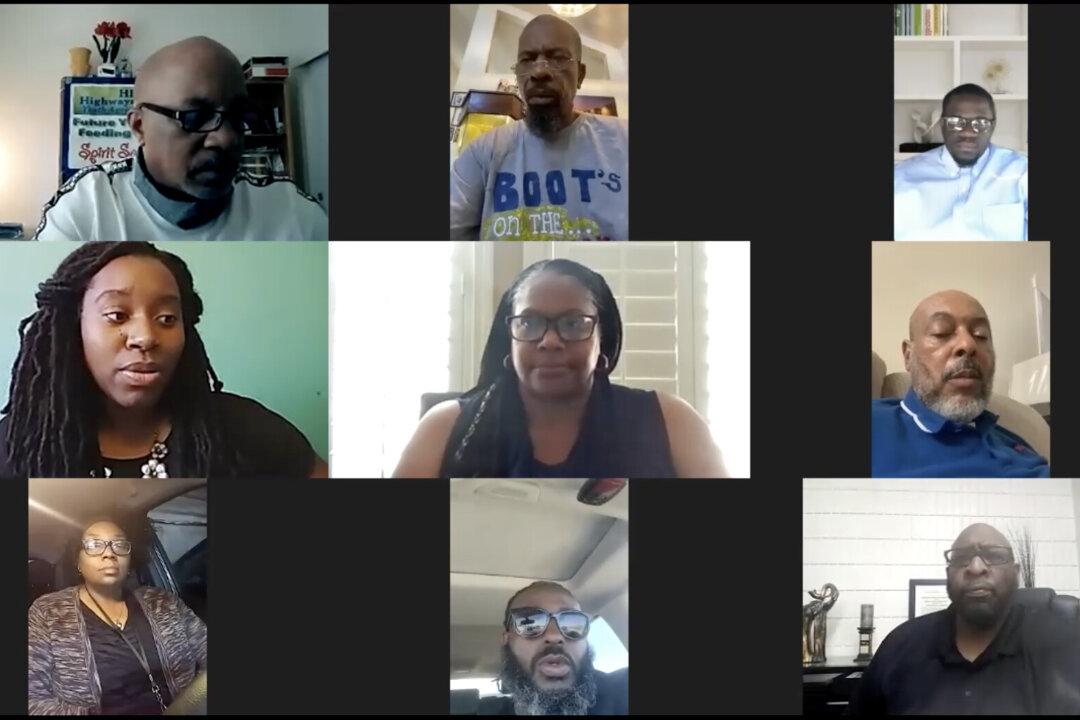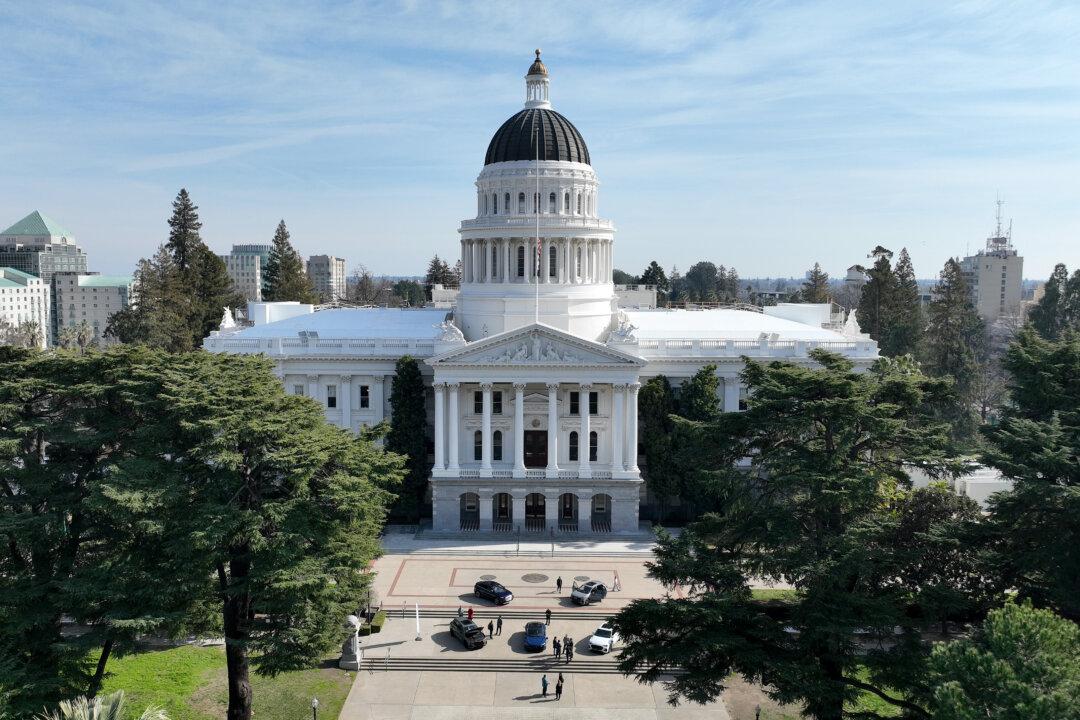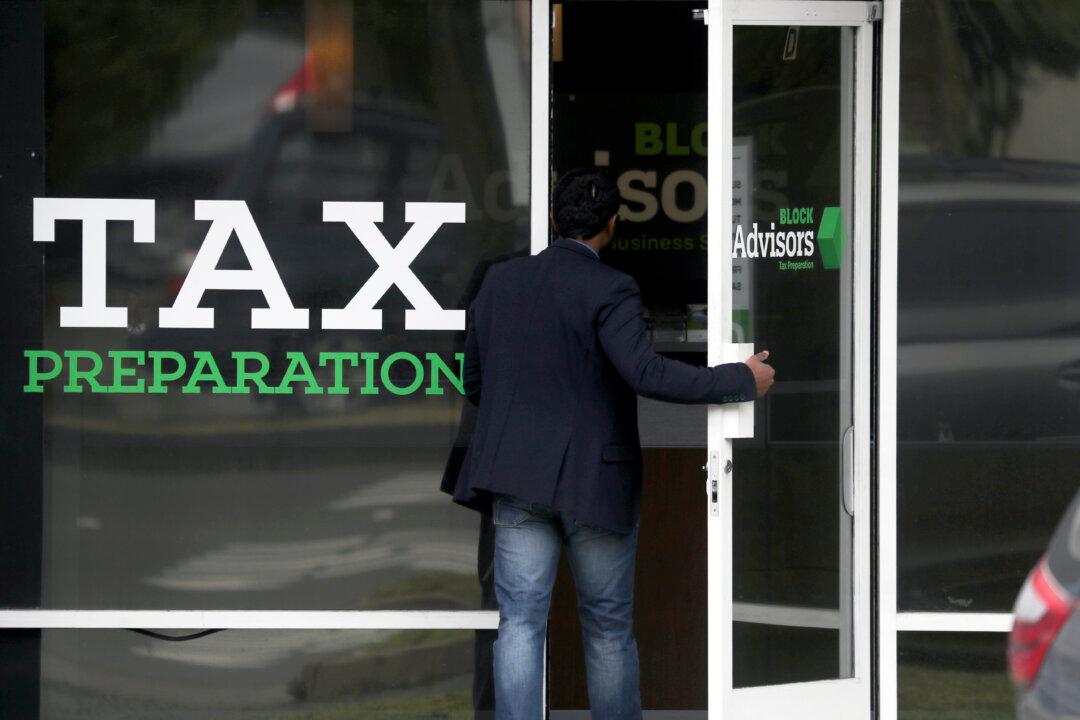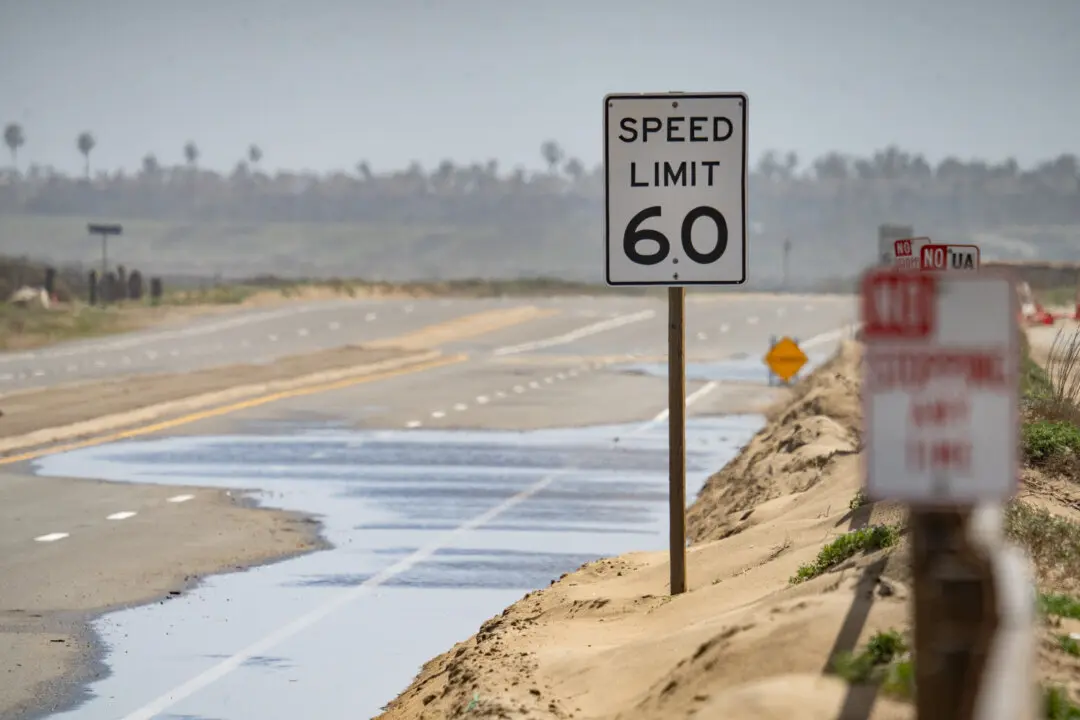African American community leaders in California held a press conference on July 8 to voice opposition to a bill that would legalize hallucinogenic drugs in the state.
Senator Scott Wiener (D-Calif.) has stated that Senate Bill 519 is meant to address the war on drugs and to help veterans have better access to these drugs to manage their mental health needs.





